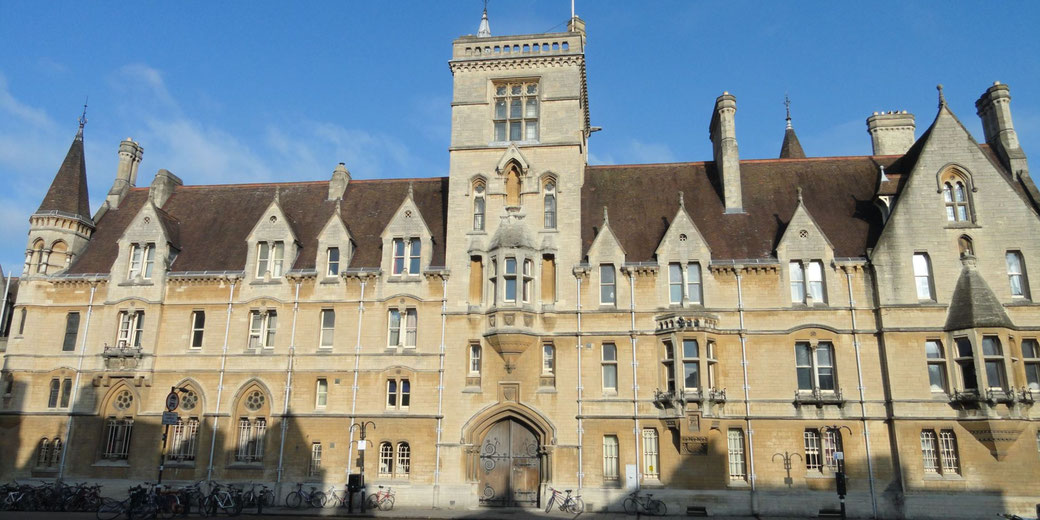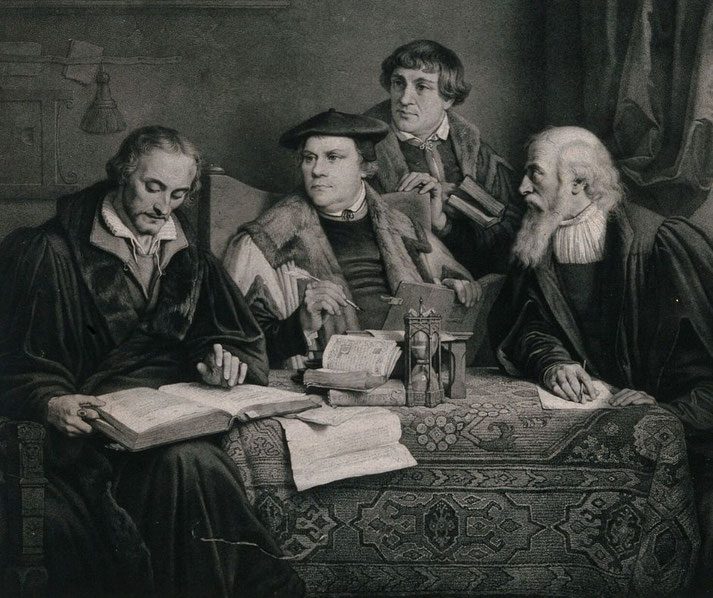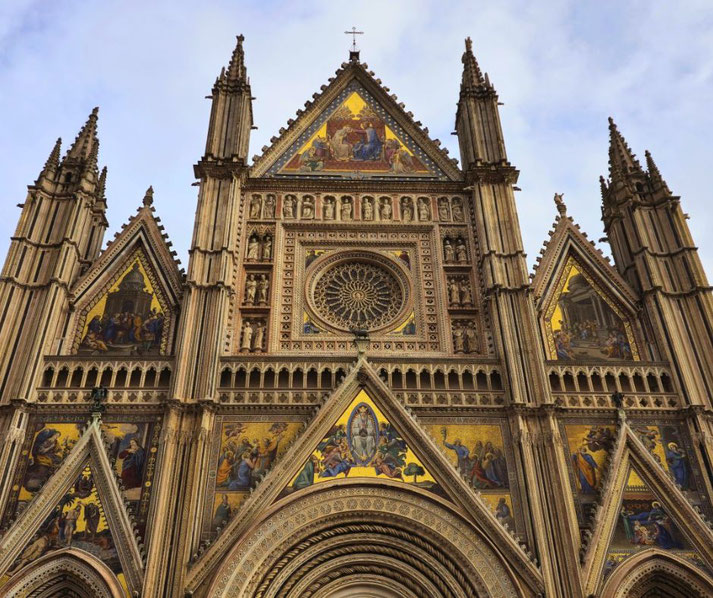Crises, corruption, and charisma: The causes of the Protestant Reformation

The Reformation was a major event in history that changed the course of religion, politics, and society in Europe.
It started in the early 16th century and led to the creation of Protestant churches.
Several factors contributed to the Reformation, and understanding them can help us grasp why it was such a significant turning point.
The religious problem
One of the main reasons for the Reformation was dissatisfaction with the Catholic Church.
Many people felt that the Church had become too wealthy and corrupt. They criticized the sale of indulgences, which were payments made to the Church to reduce punishment for sins.
This practice made people question the Church's morals and intentions.
Another religious cause was the desire for a more personal connection with God.
People wanted to read and interpret the Bible for themselves, rather than relying solely on the Church's teachings.
This led to calls for the Bible to be translated into languages that ordinary people could understand, rather than just Latin, which was only known by the educated clergy.

The tensions between different European rulers
The Reformation also had political underpinnings. Kings and princes saw it as an opportunity to gain more power and independence from the Pope.
By supporting the Reformation, they could take control of the Church in their territories and reduce the influence of the Pope.
Additionally, the rise of nation-states and the desire for national identity played a role.
People began to feel more loyalty to their country than to the Pope, who was often seen as a foreign ruler.
This shift in loyalty weakened the Pope's authority and paved the way for the Reformation.
The desire for a fairer distribution of wealth
Economic factors also contributed to the Reformation. The Church owned a large amount of land and wealth, which was a source of resentment among the people.
They felt that the Church was too focused on money and not enough on spirituality.
Furthermore, the growth of commerce and the middle class led to a demand for changes in the Church.
The new business class wanted a religion that supported their economic interests and values, such as hard work and thriftiness.

Popular unrest among the common people
Social and cultural changes were also important in setting the stage for the Reformation.
The invention of the printing press made it easier to spread ideas and information.
This allowed for the rapid dissemination of criticism against the Church and the spread of new religious ideas.
The Renaissance, a cultural movement that emphasized humanism and individualism, also influenced the Reformation.
People began to question traditional authority and seek a more personal relationship with God, which aligned with the ideas of the Reformation.
Further reading
What do you need help with?
Download ready-to-use digital learning resources
Copyright © History Skills 2014-2025.
Contact via email
With the exception of links to external sites, some historical sources and extracts from specific publications, all content on this website is copyrighted by History Skills. This content may not be copied, republished or redistributed without written permission from the website creator. Please use the Contact page to obtain relevant permission.





